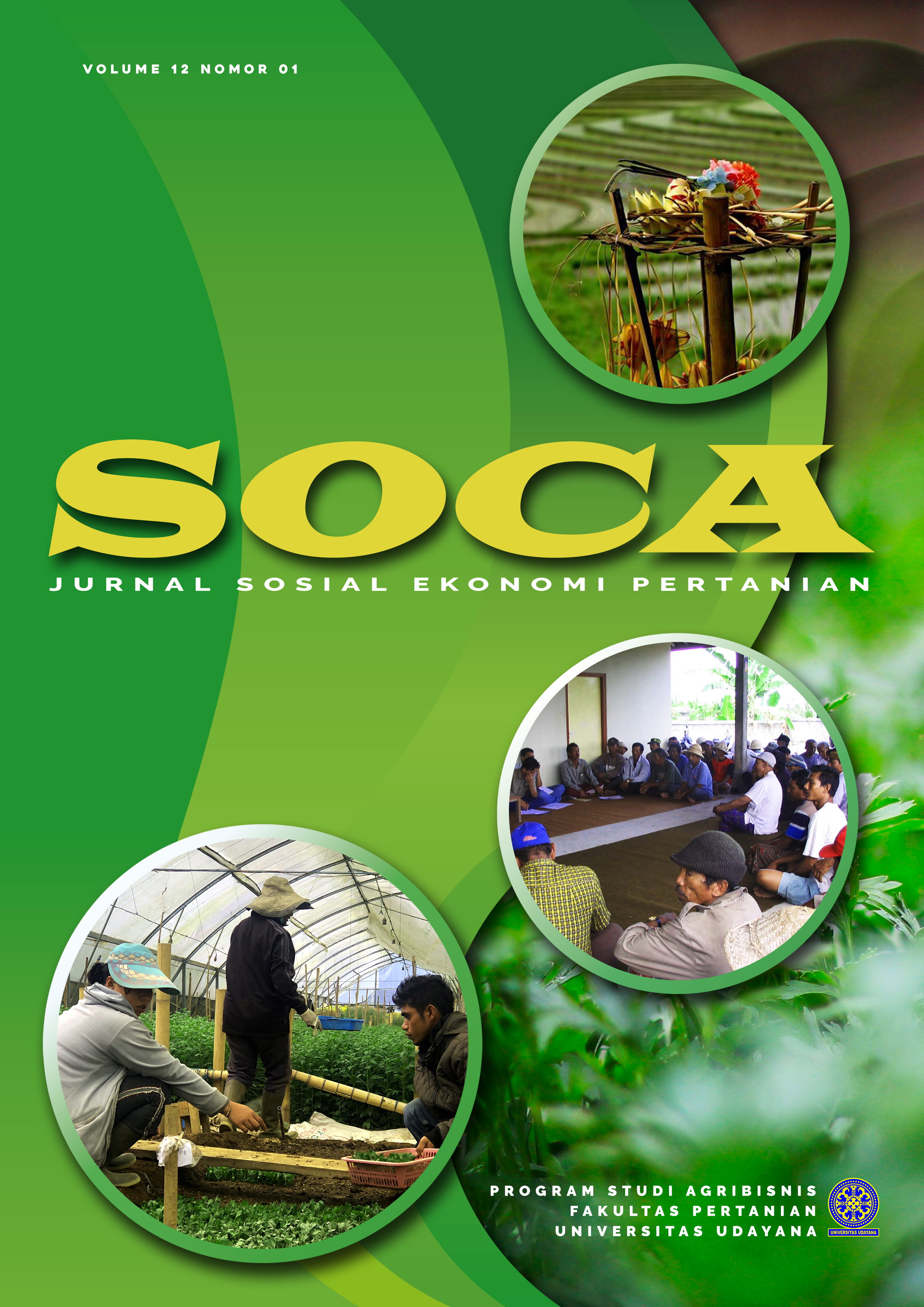POTENTIAL OF COMMUNITY-BASED ECOTOURISM DEVELOPMENT AS URBAN COMMUNITY EMPOWERMENT EFFORTS IN THE AYUNG RIVER FLOW AREA (Case Study of Tukad Bindu, Kesiman Village, East Denpasar District)
Abstract
Sustainable tourism development is directed at developing environmentally friendly urban tourism. The revitalization of rivers in Denpasar City is one of the work programs of the Denpasar City government that aims to provide ecological education to the surrounding community can also have economic value. Traditionally, the river is a sacred area that deserves to be preserved in realizing the activities in the wisdom of Tri Hita Karana, namely maintaining good relations with God, nature and humans, so that the presence of water in Bali continues to maintain its quality and quantity. An important strategy to find out the potential for ecotourism development in urban areas is the empowerment of surrounding communities in the tourist area. Community empowerment is a vital unit related to physical, material, economic and income aspects, institutional aspects (growth of individual strengths in the form of groups / groups), strength of cooperation, intellectual strength, and shared strength to comply with and apply the principles of empowerment. The principle of ecotourism has an inseparable part by minimizing the negative impact of the surrounding environment through conservation efforts by maintaining the quality of the environment and local culture, as well as being able to empower the economy of the surrounding community.













